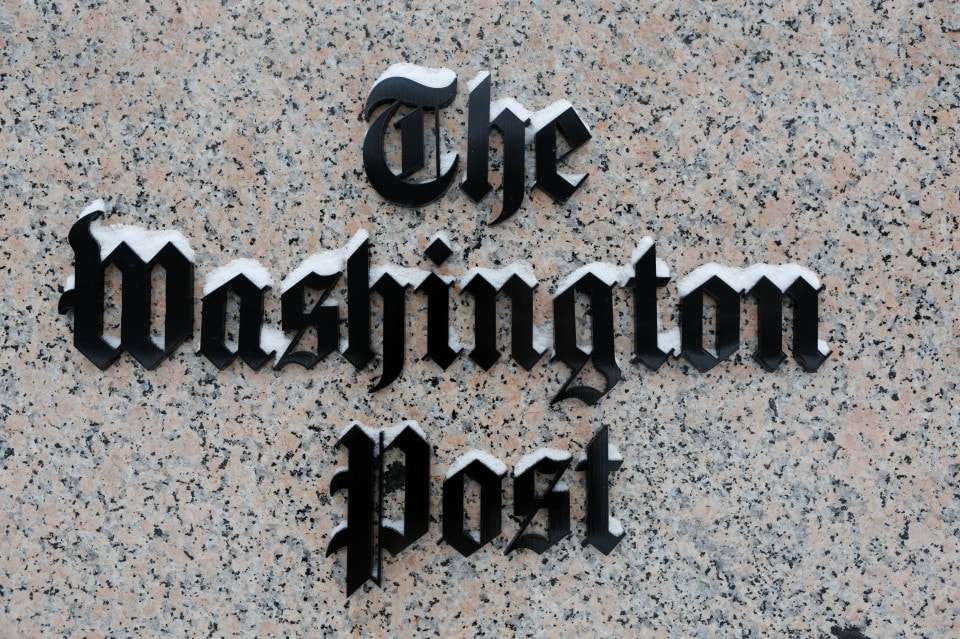Brummer v. Wey plaintiff subpoenaing information on Volokh Conspiracy commenter

I just learned that the plaintiff in Brummer v. Wey - the overbroad injunction case discussed here and here - has sent a subpoena to The Post asking for account registration information and IP address information for the commenter "Investigative Journalist" (who began one of the comments with "we are journalists at TheBlot Magazine," and who has sharply criticized Chris Brummer and defended the Blot's criticisms of Brummer). Brummer's theory is apparently that this information can help confirm who wrote the original allegedly defamatory material in the Blot (a matter that is hotly disputed in Brummer v. Wey):
Plaintiff could … use that information to identify the individual(s) responsible for anonymous or pseudonymous statements at issue in this litigation.
Good cause exists for Plaintiff to conduct discovery on WP Company LLC and for the production of the requested documents because the statements at issue mirror many of the allegedly defamatory statements published on TheBlot.com about Plaintiff as alleged in the First Amended Complaint.
This information is critical to the advancement of this case, in that it will aid in the identification of the author(s) of the defamatory content at the heart of this matter, and Plaintiff has no other means of obtaining this information.
The subpoena is addressed to The Post, not to me, so I'm not in control of how The Post reacts to it, but I expect that The Post will fight the subpoena to the extent that the law allows, in order to give all its commenters maximum assurance that their anonymity will be protected as much as legally possible. And based on my quick review of New York law (Brummer v. Wey is being decided under New York law, and the subpoena originated in New York court), I think that the subpoena should likely be quashed.
Even in the strongest case for disclosure of an author's identity - when the plaintiff wants to sue the author and the identity is absolutely necessary for the lawsuit to succeed - New York's news gatherer's privilege appears to bar the subpoena. The privilege broadly covers not just confidential sources for a newspaper's own stories, but also "the identity of the source of any [communication concerning matters of public concern or public interest] coming into [the newspaper's] possession in the course of gathering or obtaining [such communications] for publication." (See subsections (a)(8), (b) and (f).)
Indeed, Oak Beach Inn Corp. v. Babylon Beacon, Inc. (N.Y. 1984) held that the privilege applied to the names of anonymous authors of letters to the editor: "Holding the [newspaper] defendants in contempt for failure to supply the information necessary to commence a suit against the letter writer is prohibited by the Shield Law." If that's so, then the same would apply to the names of anonymous commenters. (The New York courts have also held that the privilege authorizes the outright quashing of subpoenas and isn't just a defense to contempt citations; see Beach v. Shanley (1984).) One could argue whether this is a good policy choice, but it seems to be New York law.
In any event, it will be very interesting to see what develops.
